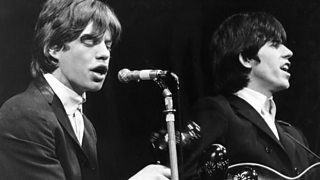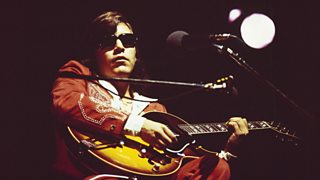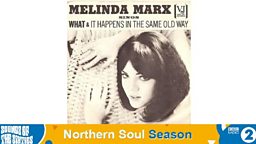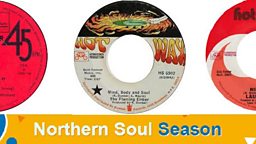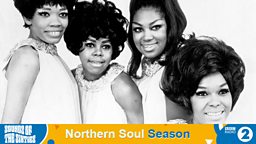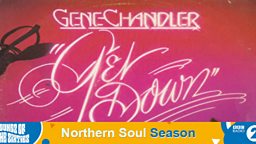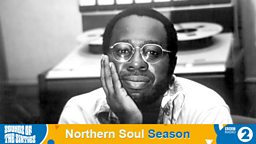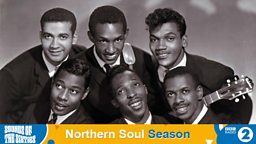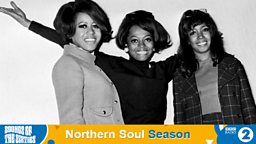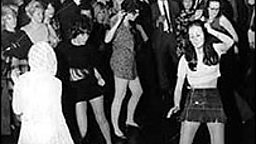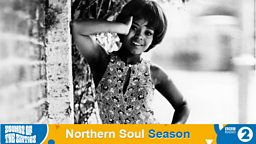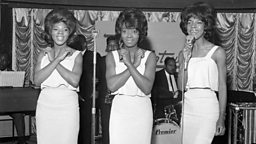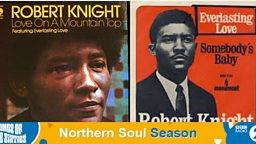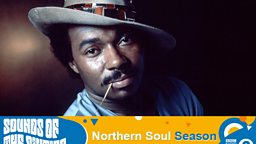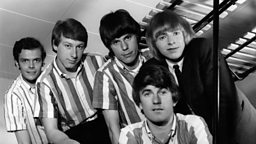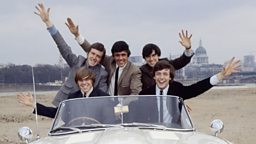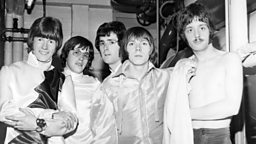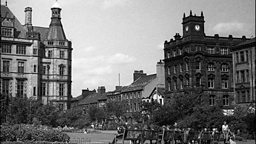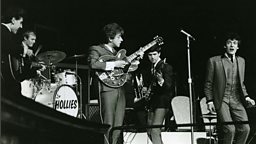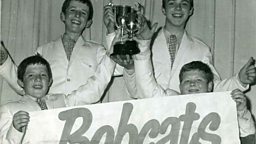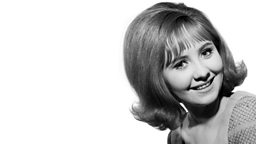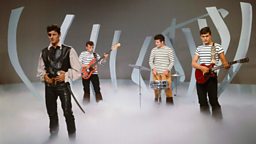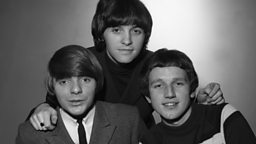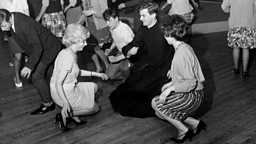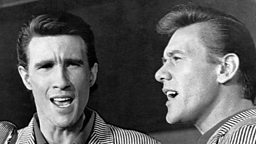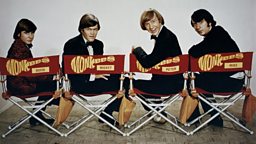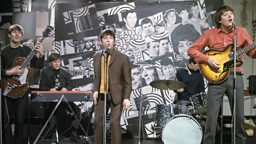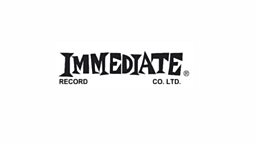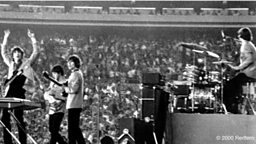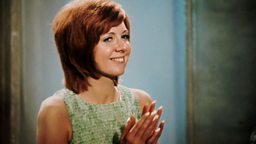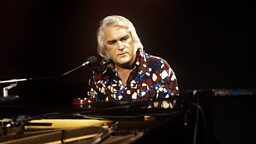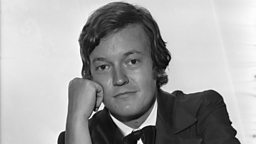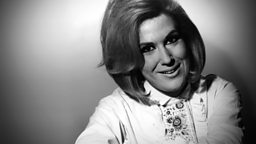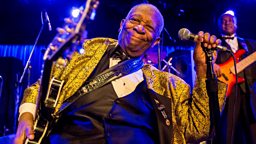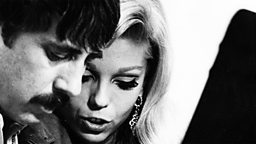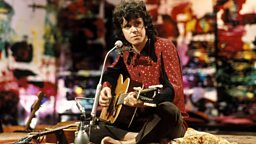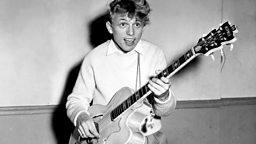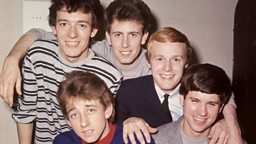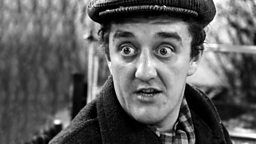P.J. Proby
by Bob Stanley
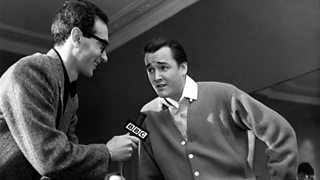
In 1995 PJ Proby was making his umpteenth comeback, having secured a fifteen minute solo spot in the West End musical Only the Lonely. He was on the wagon, his voice turned out to be as strong as ever and, a silver fox in his late fifties, he still looked the part. EMI gave him a deal, and I was lucky enough to play a small part in his excellent comeback album, Legend, co-writing one track and producing a cover of Elvis Presley's Don't.
While no one thinks of Texan Jim Proby as a legend more than Proby himself, he was - briefly - the brightest star in British pop, coming over here with Jack Good after working as a demo singer and songwriter (he wrote the Searchers' Ain't Gonna Kiss Ya) in LA. Adam Faith said he was easily the most impressive American rocker to have played in Britain. His live shows, performed in a red velvet suit, were outrageous. And he scored a string of Top 20 hits in 1964 and '65 - Hold Me, Together, Somewhere, I Apologise, Let The Water Run Down and Maria. But Proby's career went into a tailspin after he split his trousers at the Fairfield Halls in Croydon in January '65. The press demanded that he be expelled from the country. When he repeated this feat in Northampton a couple of days later, he was arrested onstage for public lewdity - the policeman who cuffed Proby was the father of Radio 2 DJ Whispering Bob Harris.
Bans from outraged theatre managers and concert promoters made promotion much more difficult. Television spots became harder to come by. As his profile dimmed in 1966, Proby recorded what was arguably his greatest single, Gerry Goffin and Carole King's I Can't Make It Alone. It was produced by Phil Spector's engineer Jack Nitzsche, and Proby - always apt to imitate singers he admired - was going for the Righteous Brothers' sound; yes he was both Bill Medley (on the lead vocal) AND Bobby Hatfield (check out the ad libs on the chorus and the fade!). Heartbreaking, hugely emotional, it only reached number 37.
In 1968 he cut an album backed by the nascent Led Zeppelin, Three Week Hero, but in true Proby style he blew this opportunity by recording an album of country novelties, with only Jim's Blues and the funky The Day That Lorraine Came Down bearing much resemblance to the sound of the future kings of rock. Still, hindsight's a wonderful thing. Around the same time, he filed for bankruptcy, claiming to have spent all of his money on, “wine, women, yachts, Lear jets and a fleet of Rolls Royces.”
The seventies and eighties were spent in the north of England doing the occasional cabaret show and cutting the odd record (some were VERY odd - you probably don't need to hear his version of the Sex Pistols' Anarchy In The UK, but it's still impressive that he made the effort). While he was living in Bolton, and a frequent visitor to his local GP, he would apparently sit in the surgery's waiting room singing for the patients.
Proby's heavy drinking caught up with him in the early nineties and he suffered four heart attacks. He sobered up, and has rarely stopped working since. The 1997 Legend album was produced by Marc Almond, and the lead single was a cover of Cupid's Inspiration hit Yesterday Has Gone - it gave Jim Proby his last hit to date. He had an idea for the video which would necessitate filling Wembley stadium, with 50,000 fans cheering for PJ, and 50,000 cheering for Marc. A neat idea, but rather beyond EMI's budget. He may have been sober, but this didn't affect his talent for telling shaggy dog stories about the sixties - I remember a quite unrepeatable one about Barry Gibb and Robert Stigwood that still haunts me!
Charismatic and convincing, it's easy to see how PJ Proby's own story is even now made up of half truths and myths.
-
![]()
Brian and the troublesome Stones
Brian tells Bob Stanley about his meetings with The Rolling Stones
-
![]()
Brian's Weekly Sleevenotes - 25 October 14
Discover more about the music we play
